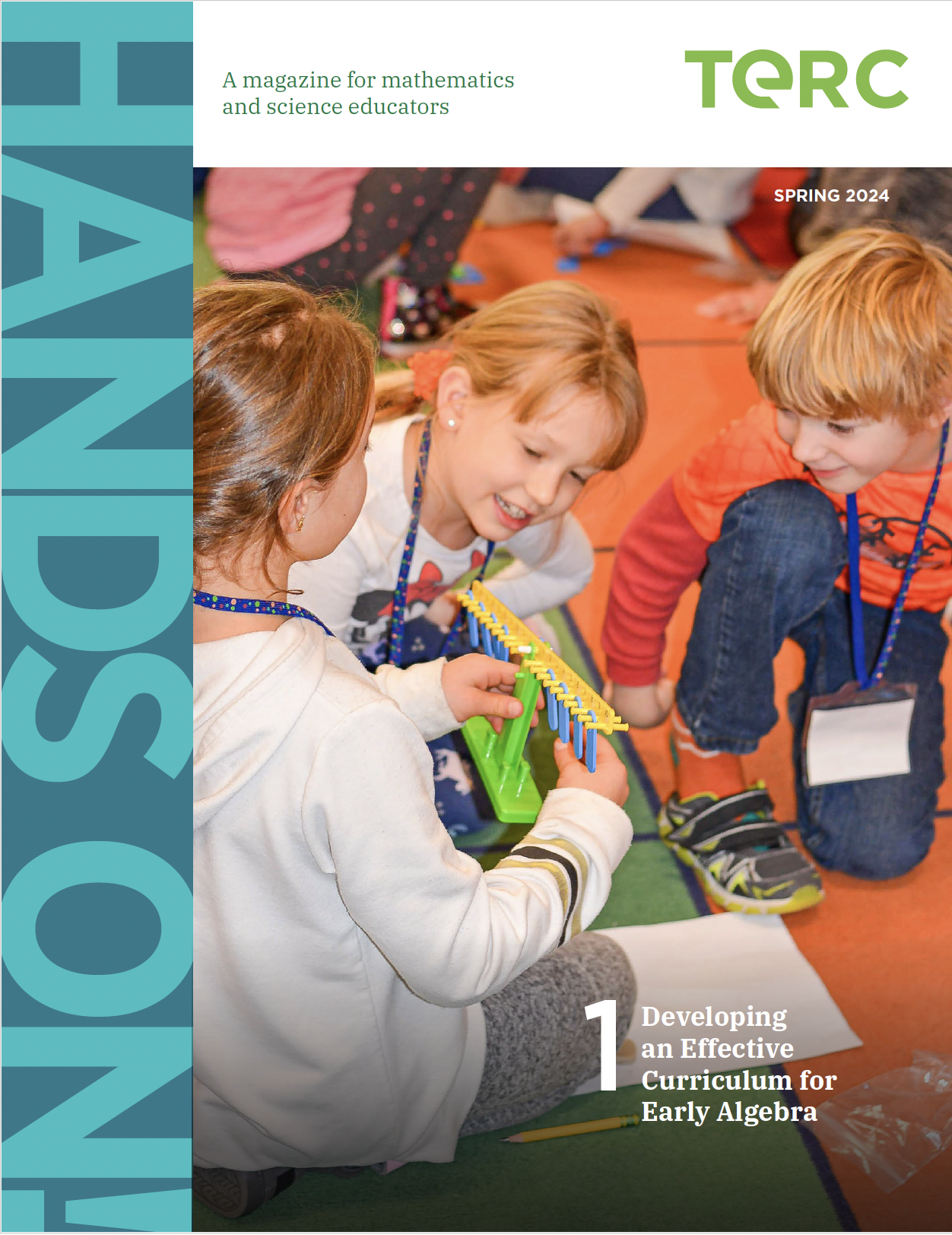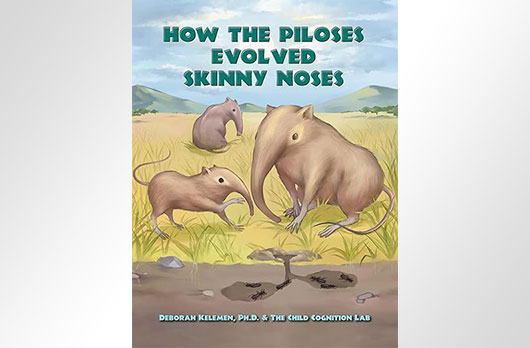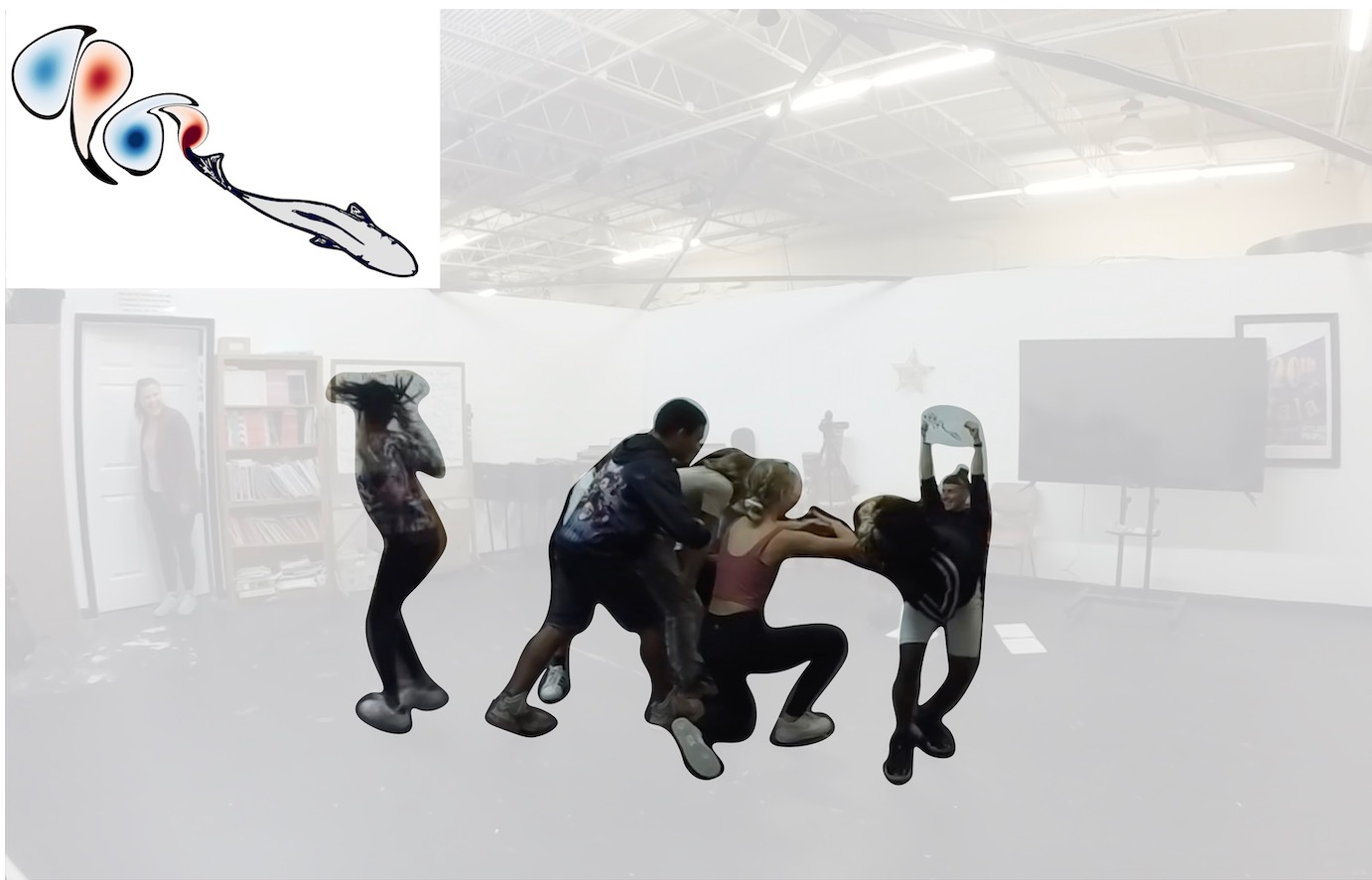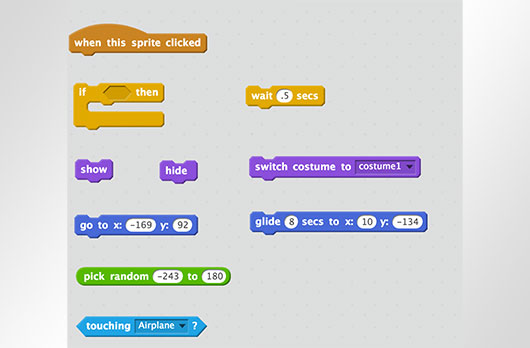
Articles include:
• Developing an Effective Curriculum for Early Algebra, Maria Blanton
• Reaching and Teaching Neurodivergent Learners in STEM: An interview with author Dr. Jodi Asbell-Clarke
• The Institute for Meta-synthesis: Bringing meta-synthesis methods to STEM education research, IMS team
• Unifying My Identities: Reflections from an REU Student, Devon Locke
• What’s New at TERC

Resources designed to support teachers and their students in developing and maintaining equitable learning communities in their mathematics classrooms.
Score:
TERC received a subaward on the newly announced National Science Foundation (NSF) SafeInsights, a five-year, $90 million research and development (R&D) infrastructure for inclusive education research.
Score:
To coincide with Autism Acceptance Month, TERC researchers have released the results of a four-year study on strengthening the skills and learning of neurodivergent students in mainstream classrooms.
Score:
Studies conducted using a computer-supported, inclusive, and highly interactive learning program named INFACT that was designed with the hypothesis that all students, including neurodivergent learners, will excel in problem solving when it is structured through a variety of CT activities.
Score:
To learn more about the report, join the Committee on Women in Science, Engineering, and Medicine at the April 11 report release webinar.
Score:
The Evolving Minds Project teaches evolution by natural selection in 3rd grade classrooms.
Score:
Discover how improving knowledge of fingerspelling principles enhances STEM interpreters’ fluency and accuracy.
Score:
Choreographing Science brings science researchers, youth, and choreographers together in informal community arts spaces to explore the scientists’ authentic research questions through choreographic and computational modeling.
Score:
ExIST offers professional development for teachers to integrate systems thinking and game design into their existing units.
Score:
